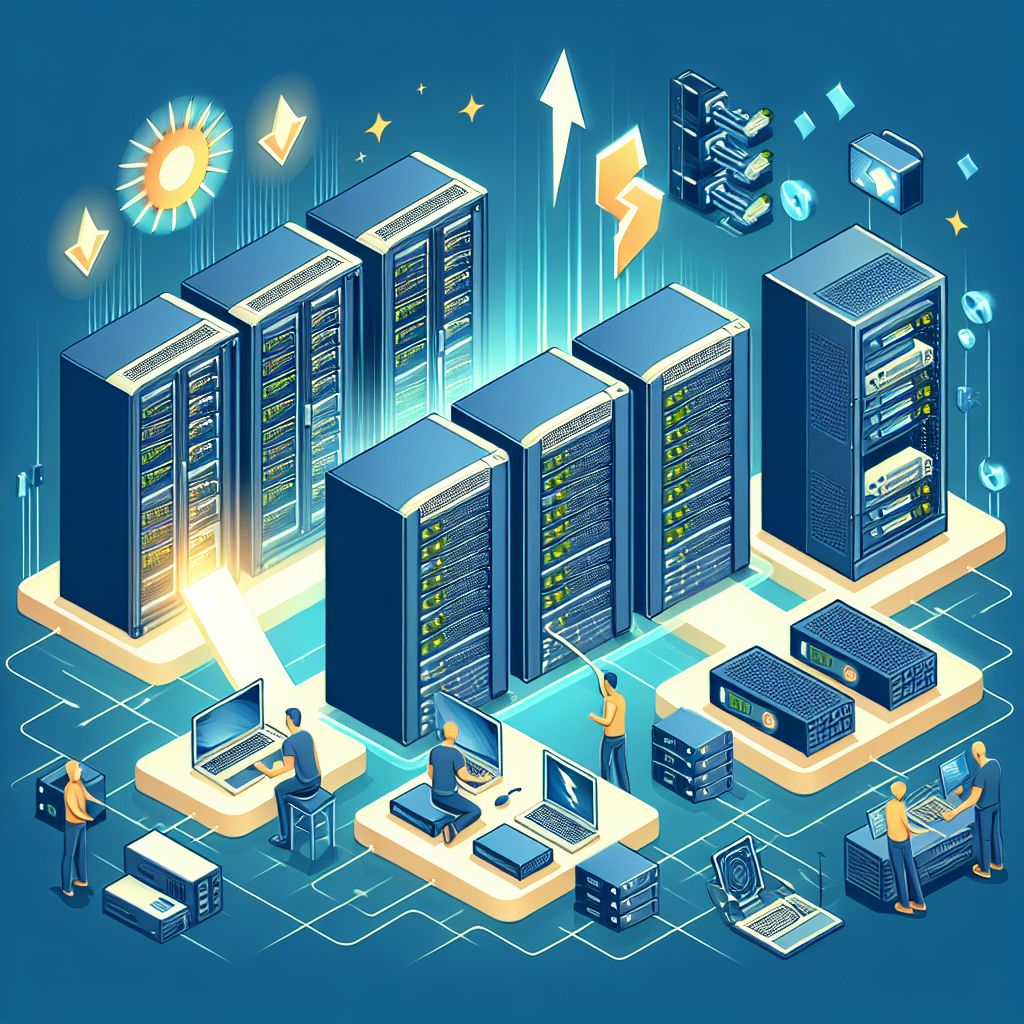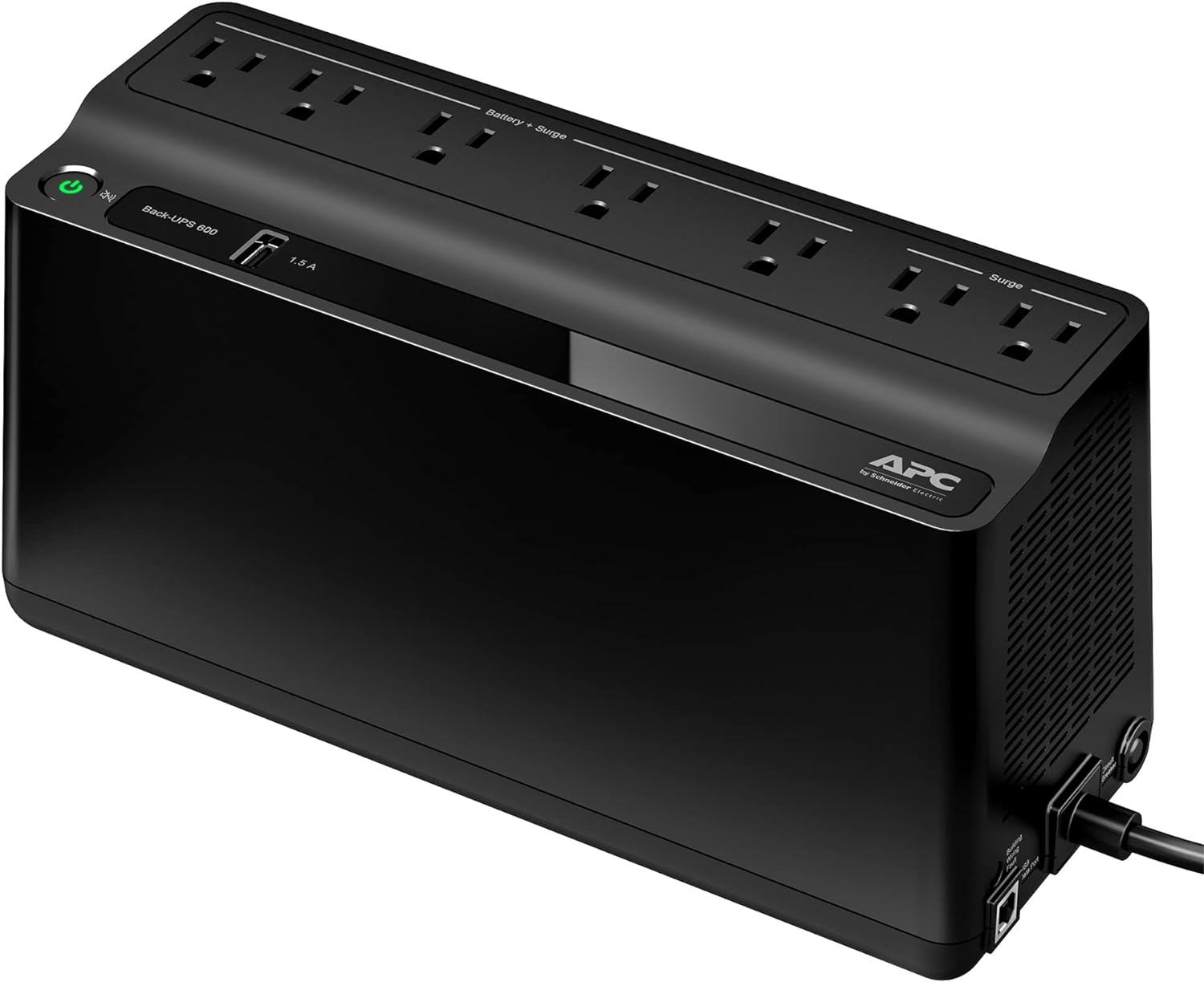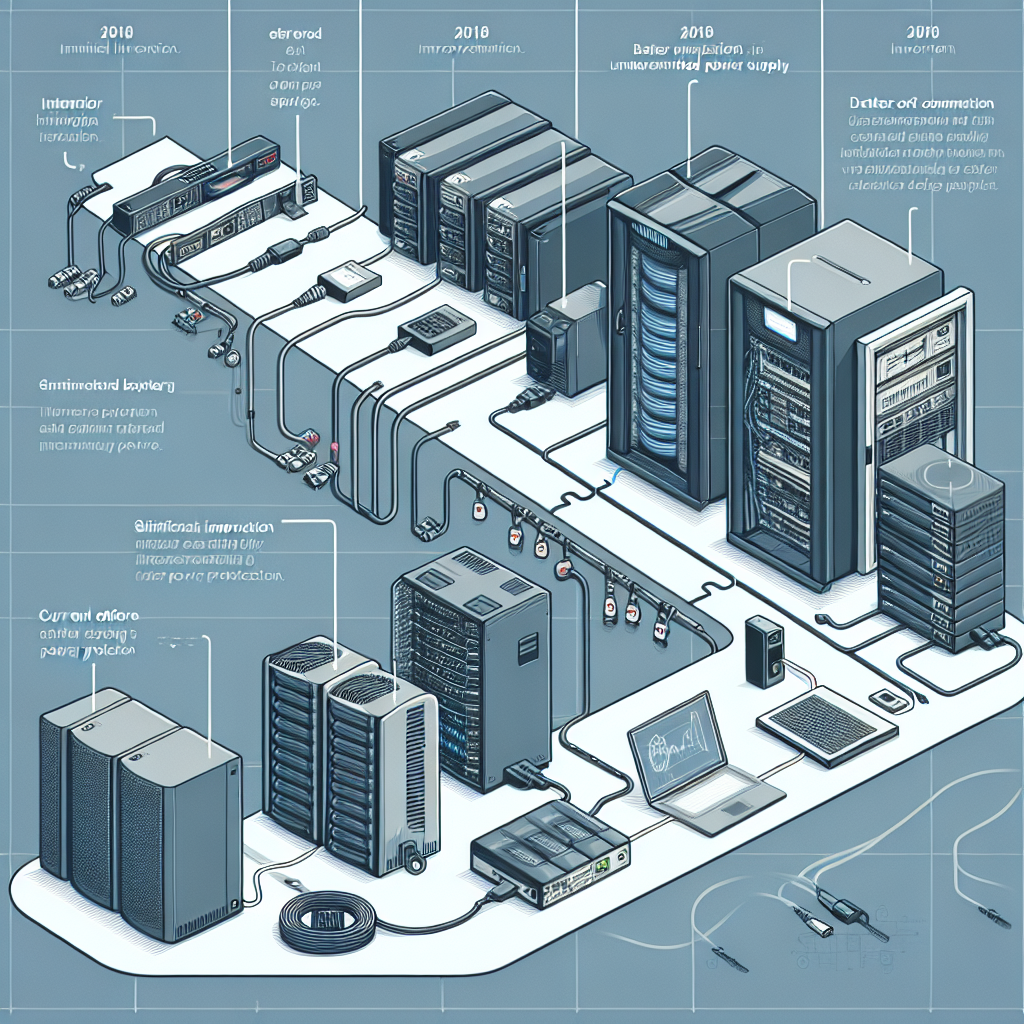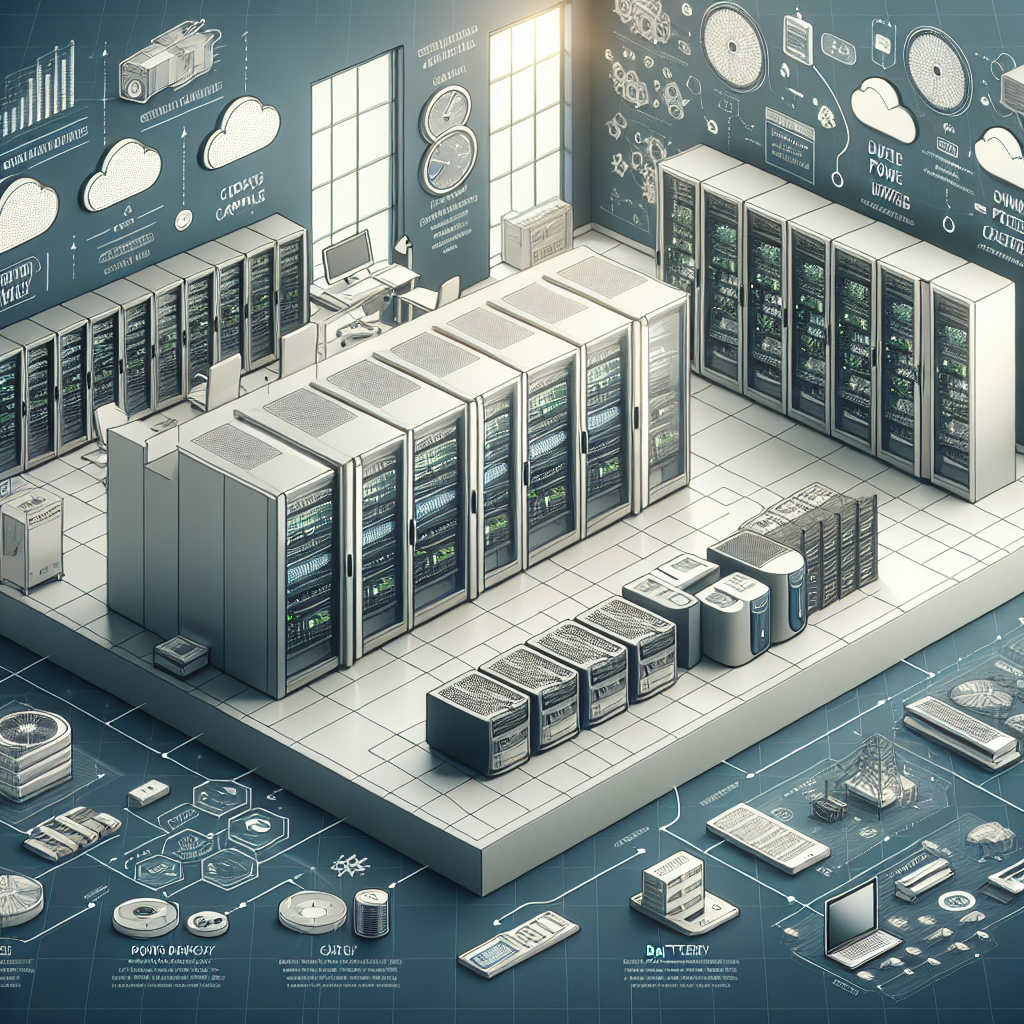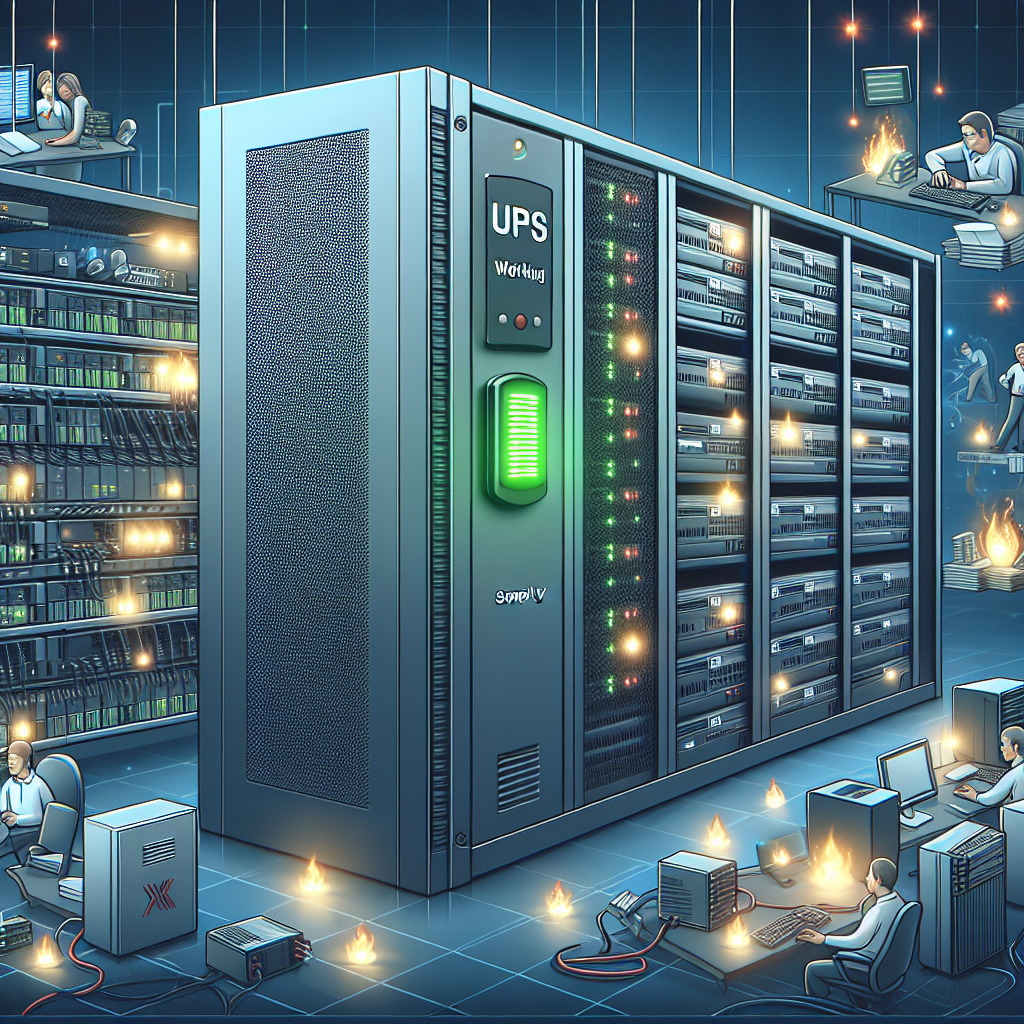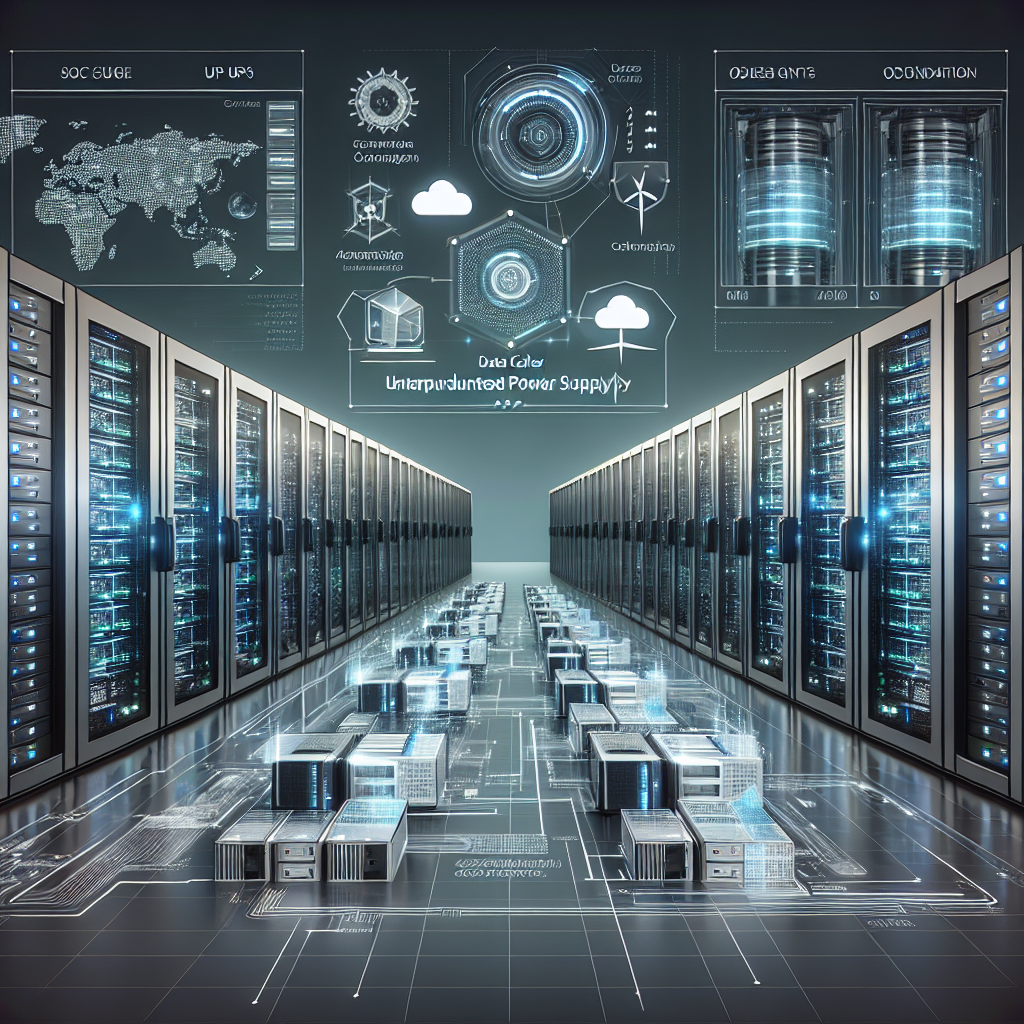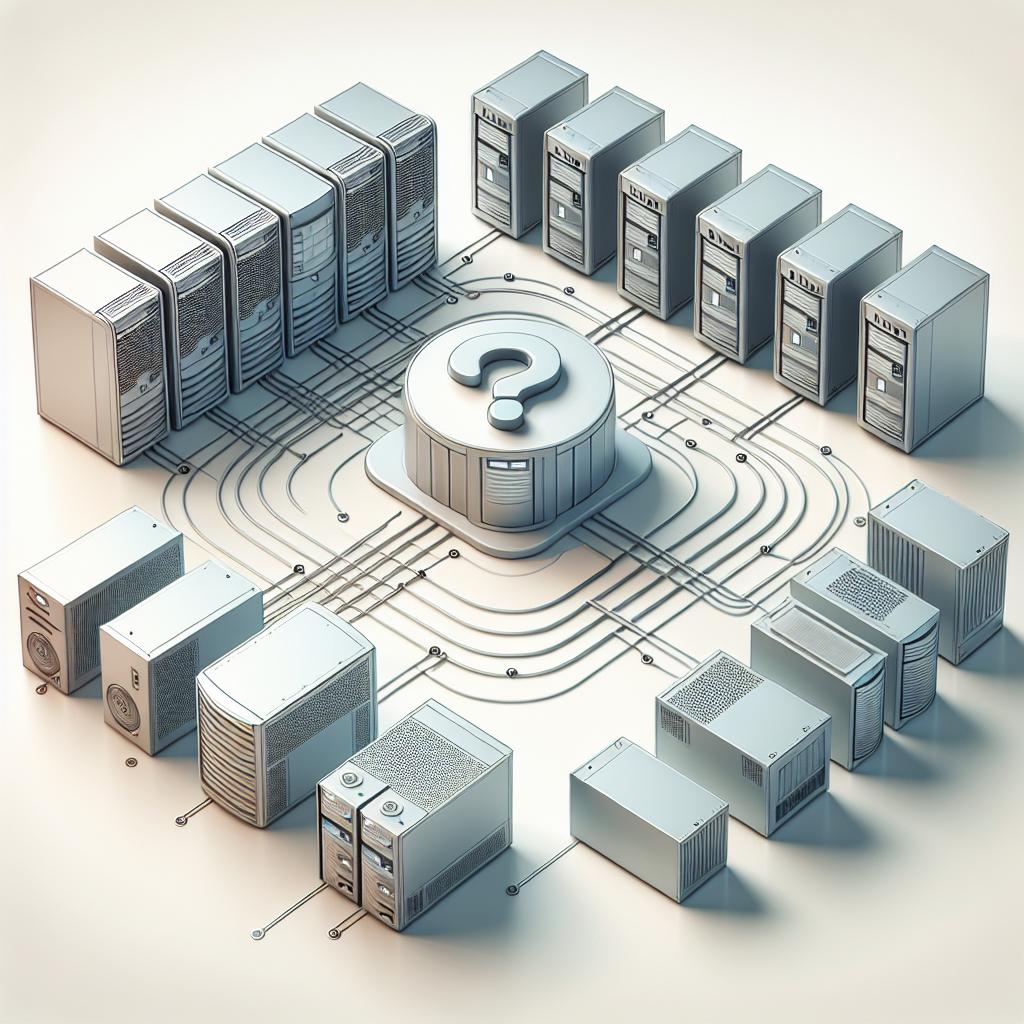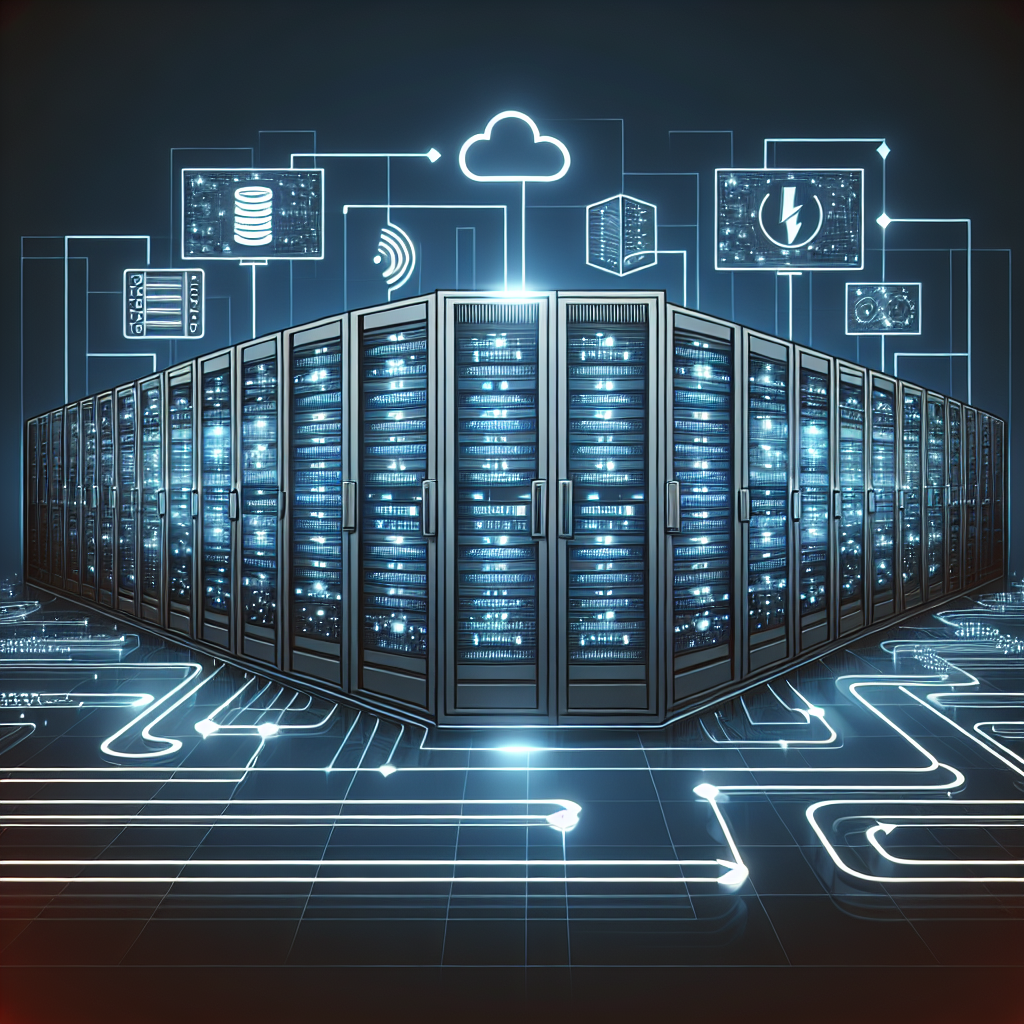In today’s digital age, data centers play a crucial role in ensuring the smooth operation of businesses. These facilities house the critical infrastructure that supports the storage and processing of data, making them essential for the functioning of organizations in various industries. However, data centers are not immune to disasters, whether they be natural or man-made. In the event of a disaster, it is imperative for data centers to have resilient systems in place to ensure the continuity of operations. One key component of ensuring data center resilience is the use of uninterruptible power supply (UPS) systems.
UPS systems are devices that provide emergency power to a load when the input power source fails. They are designed to protect data center equipment from power outages and fluctuations, ensuring that critical systems remain operational even in the event of a power failure. UPS systems act as a buffer between the utility power source and the data center equipment, providing a seamless transition to backup power in the event of a disruption.
In disaster recovery scenarios, UPS systems play a crucial role in maintaining the availability of data center operations. By providing backup power, UPS systems help prevent data loss and downtime, ensuring that critical systems continue to function even during a disaster. This is essential for businesses that rely on data centers to store and process sensitive information, as any disruption in operations can have serious consequences.
In addition to providing backup power, UPS systems also help protect data center equipment from damage caused by power surges and other electrical disturbances. By regulating the power supply, UPS systems help ensure the longevity of equipment and reduce the risk of costly repairs or replacements. This not only helps in disaster recovery scenarios but also in day-to-day operations, where power fluctuations can pose a risk to data center equipment.
When it comes to ensuring data center resilience, it is important for organizations to invest in high-quality UPS systems that are designed to meet the specific needs of their data center environment. This includes assessing the power requirements of the data center, determining the appropriate UPS capacity, and implementing a comprehensive maintenance and monitoring plan to ensure the reliability of the UPS system.
Ultimately, UPS systems play a critical role in disaster recovery by providing backup power to data center equipment and ensuring the continuity of operations in the event of a disaster. By investing in UPS systems and implementing best practices for their maintenance and monitoring, organizations can enhance the resilience of their data centers and minimize the risk of downtime and data loss.
